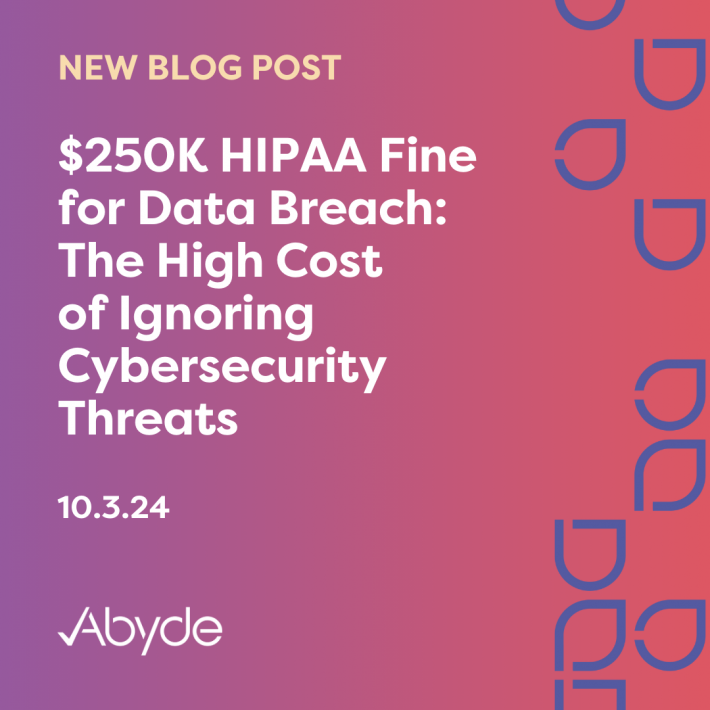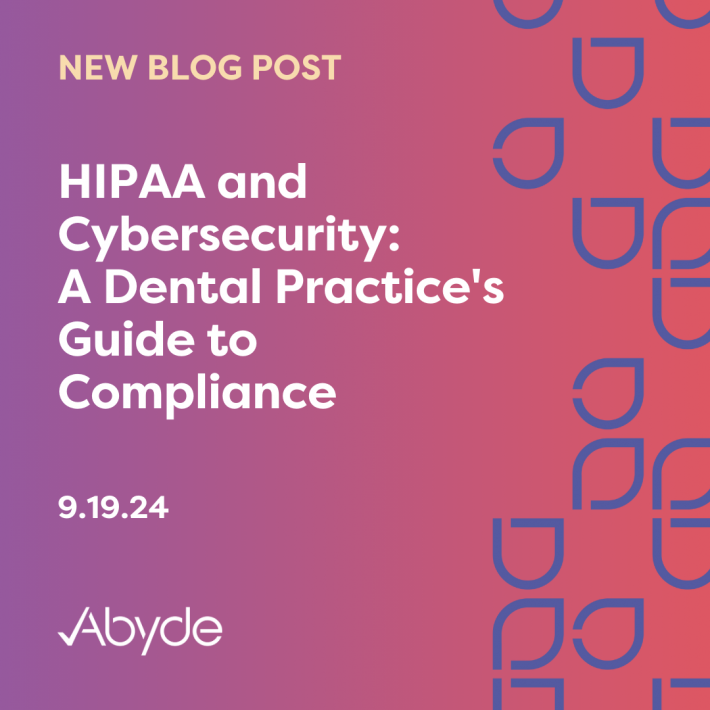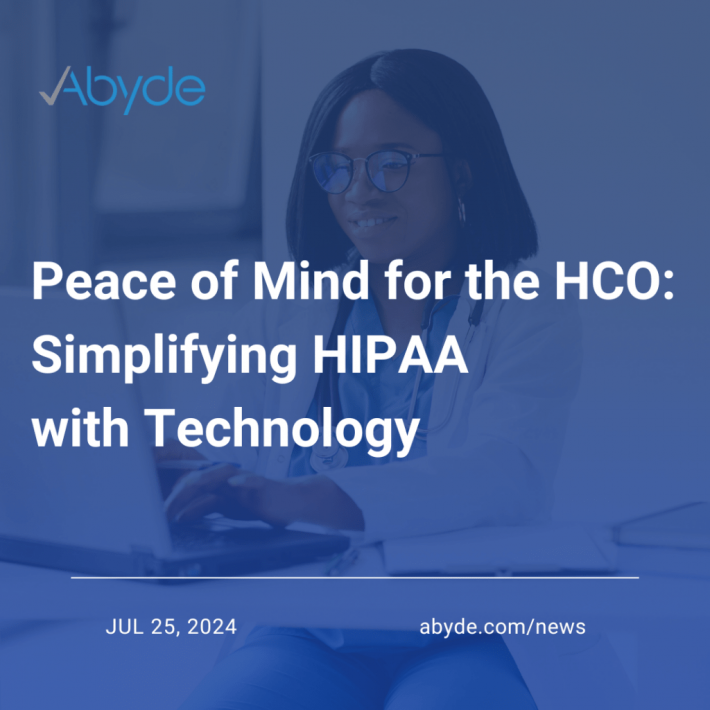December 2, 2022
Covered entities and business associates, like healthcare providers, that use online tracking technology should be aware of their ePHI management to HIPAA standards
OCR Recently Released a Bulletin Outlining the Proper Use of Tracking Tech in Accordance with HIPAA Compliance
Have you ever talked about being out of toothpaste at work, and then when you get home there’s an ad for Colgate on your tablet as you decide what to order for dinner? It’s creepy, but it’s efficient. You’ve been targeted and the Colgate marketing department is doing its job. In this example, the transmission of your tracked demographics and shopping habits is not as sensitive as the transmission of your patient’s data.
Yesterday, the Office for Civil Rights (OCR) at the U.S. Department of Health and Human Services issued a bulletin regarding the correlation between sharing electronic protected health information (ePHI) and online tracking technology. While we aren’t experts in targeted advertising, we are HIPAA experts. There are rules that apply to regulated entities, like you, when collecting information through tracking technologies or disclosing ePHI to vendors you may be working with. The OCR put it plainly, “Regulated entities are not permitted to use tracking technologies in a manner that would result in impermissible disclosures of ePHI to tracking technology vendors or any other violations of the HIPAA rules.”
Do you know if your PHI is being captured through online tracking? Are you monitoring what patient data is being shared with third-party vendors? Even more important, do you use Google Analytics or Meta Pixel – if so, you might want to listen up. Whether you set this tracking up yourself or a third-party agency did, without permissible disclosures from your patients, if their ePHI is shared through the tracking technology, you are putting your practice and patients at risk.
Let’s head around the bases to make sure you’re covering your bases.
Nice base hit – you made it to first. The first thing you can do is ensure you have Business Associate Agreements (BAA) in place with all third-party vendors, especially those who create, maintain, or receive ePHI. While you’re cross-checking if your vendors meet the definition of a business associate, make sure your agreements denote the permitted use case for ePHI.
And the crowd goes wild – way to steal second. Before you think well I’ll just ask the vendor to delete any protected data before they use or save it, that’s not going to cut it. Per the OCR, “Any disclosure of PHI to the vendor without individuals’ authorizations…requires that there is an applicable Privacy Rule permission for disclosure.” Through the Privacy Rule, patients are empowered to have more control over their health information to access and make any changes as needed and boundaries are set on the use and release of health records, including the minimum necessary standard for information disclosures.
A bunt from your teammate gets you over to third – nice work! Before we round out to home, ask yourself if the risk is worth the reward. And if you’re still unsure, check in with your Security Risk Analysis and scorecard – another benefit to Abyde’s ongoing compliance. We work with you to identify the potential risk and exposure associated.
As we make our way to home base, we will summarize with this: if ePHI is involved in any of the data the tracking technology is sharing, HIPAA rules need to be followed. Here are the final words from the OCR, “all disclosures of PHI to tracking technology vendors are specifically permitted by the Privacy Rule and that, unless an exception applies, only the minimum necessary PHI to achieve the intended purpose is disclosed.”





